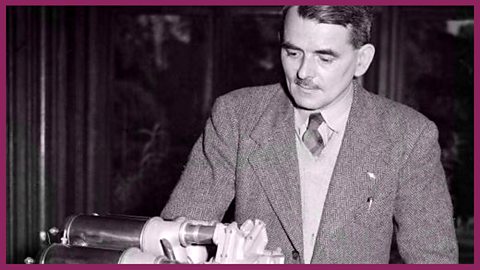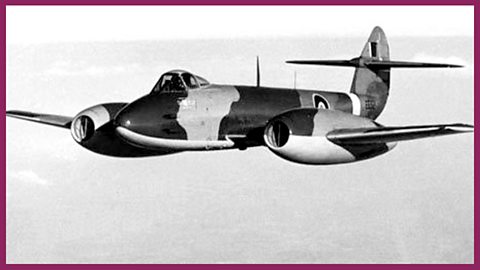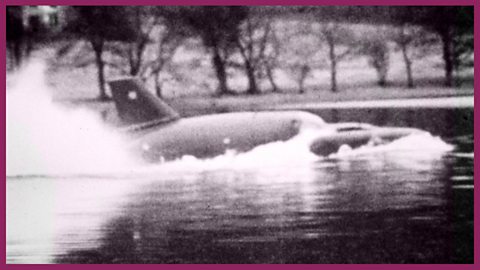Atomic energy is just one milestone, if a very spectacular one, in the progress of our knowledge of nature and our command over natural forces.
At every stage in this progress, it has meant new advantages and new dangers. We may welcome it for the one, and regret it for the other, but we can never stop it. For the desire to know and to control the forces of nature is one of the most fundamental urges of the human mind.
It is true that if there should be another war in which atomic weapons are used, people may curse the names of all those connected with its development, but it is also true that, even without it, another war would make the world a very sorry place in which to live.
It is yet possible that the very disasters which are bound to befall both the victor and the vanquished in an atomic war may serve as a deterrent and may help the nations to settle their affairs by more sensible means, and if this could come about, the atom bomb would have rendered a service to mankind even greater than that of its help to research and that of atomic power.
1948. Living in the nuclear age
Physicist, Professor R E Peierls, describes the benefits and possible dangers of living in the nuclear age. Few developments since the 1930s have had a greater impact on society than the discovery of atomic energy and its potential for both civilian and military purposes. Nuclear weapons were used to bring World War 2 to an end when the United States dropped atomic bombs on Hiroshima and Nagasaki in 1945.
Immediately following the War there was a plan to make the United Nations responsible for all future nuclear development. However, in 1949 the USSR detonated its own nuclear warhead and the arms race began. The threat that any new war might become a nuclear war has remained ever since.
In Britain, the first nuclear power station opened in 1950 and later in that decade the government committed itself to a rapid expansion of nuclear power generation. On one side, nuclear power has been seen as a relatively efficient and clean source of energy. However, a series of accidents have served to demonstrate the potential dangers of nuclear power. These include Windscale in the UK (1957), Three Mile Island in America (1979) and, most notably, Chernobyl in the Ukraine (1986).
The physicist R E Peierls was born in Germany but settled in England when Hitler came to power. During World War 2 he worked as part of the team that developed the atomic bomb in America, though following the War he campaigned against the use of nuclear weapons. Here he describes the hope that the existence of nuclear weapons might act as a deterrent to future conflicts.
The image shows a US atomic weapon test near Bikini Atoll in 1954.
Play next
Sir Frank Whittle and the jet engine. video
Sir Frank Whittle describes the invention of the jet engine

Approaching the speed of sound. video
A ┤¾¤¾┤½├¢ reporter approaches the speed of sound flying in a Gloster Meteor

The water speed record. video
The Campbells, Bluebird and the water speed record
